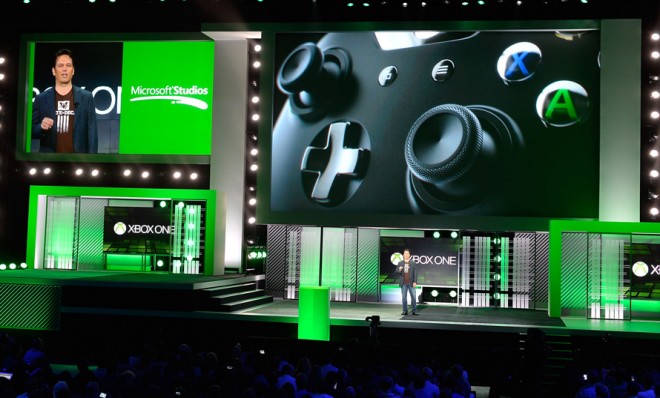Google and Apple might be making video-game consoles too
Would you ditch your XBox for a Google- or Apple-powered gaming system?

A free daily email with the biggest news stories of the day – and the best features from TheWeek.com
You are now subscribed
Your newsletter sign-up was successful
Depending on whom you ask, Google already owns a large swath of your online identity, our roadways, and even a smattering of your iPhone's real estate. And if this latest rumor rings true, the company could soon take over your living room.
The Wall Street Journal is reporting that Google is working on a smartwatch (not too surprising), a previously unreleased streaming-media device called the Nexus Q, and an Android-powered video-game console, according to "people familiar with the matter." And here's one more important tidbit (emphasis added):
With the game machine and digital watch, Google is hoping to combat similar devices that Apple may release in the future, according to the people. [Wall Street Journal]
Yes, it looks like Google and Apple are once again caught up in an arms race — this time to build a console that could perhaps go toe-to-toe with Microsoft's Xbox One and Sony's PlayStation 4.
The Week
Escape your echo chamber. Get the facts behind the news, plus analysis from multiple perspectives.

Sign up for The Week's Free Newsletters
From our morning news briefing to a weekly Good News Newsletter, get the best of The Week delivered directly to your inbox.
From our morning news briefing to a weekly Good News Newsletter, get the best of The Week delivered directly to your inbox.
Why now? It may have something to do with the surprise success of the Android-powered, indie-friendly Ouya console, which managed to raise $8.5 million on Kickstarter. Although initial reviews of the $99 machine have been lukewarm at best, there appears to be a bit of opportunity for another entrant or two into the console wars. (Including the Oculus Rift.)
While the Journal's report doesn't list specific details about potential systems from either Google or Apple, it's reasonable to assume that they'd somehow be connected to the existing Google Play and App Store ecosystems. But if Google or Apple is hoping to compete in the console space, they will each have to offer a lot more than Angry Birds or Candy Crush.
Paul Tassi at Forbes makes the excellent point that "a console that plays phone games on a TV and one that plays actual games are not in the same league." Casual gamers who poke around on their phones are an entirely different category than the folks who can devote entire weekends to Call of Duty. No one wants to sit in front of a 52-inch television just to fling squawking projectiles at green pigs. And with consumers around the world spending some $24 billion a year on their gaming habits, Google and Apple could have a lot to gain by building potentially addictive consoles.
In the end, though, we're left with more questions than answers about what the companies might have in store. If these consoles turn out to be high end, could Google and Apple play nice with the likes of EA, Activision, or Square Enix with millions of dollars hanging in the balance? Would they even want to? What could both companies possibly offer that Sony, Microsoft, and Nintendo don't already?
A free daily email with the biggest news stories of the day – and the best features from TheWeek.com
On the other hand, it wasn't so long ago that an ancient tech company decided to test its mettle by gambling big with new hardware to take on Nintendo and Sony. If Microsoft was able to engender fresh interest with its first-gen Xbox, who's to say Google or Apple couldn't pull off a similar feat?